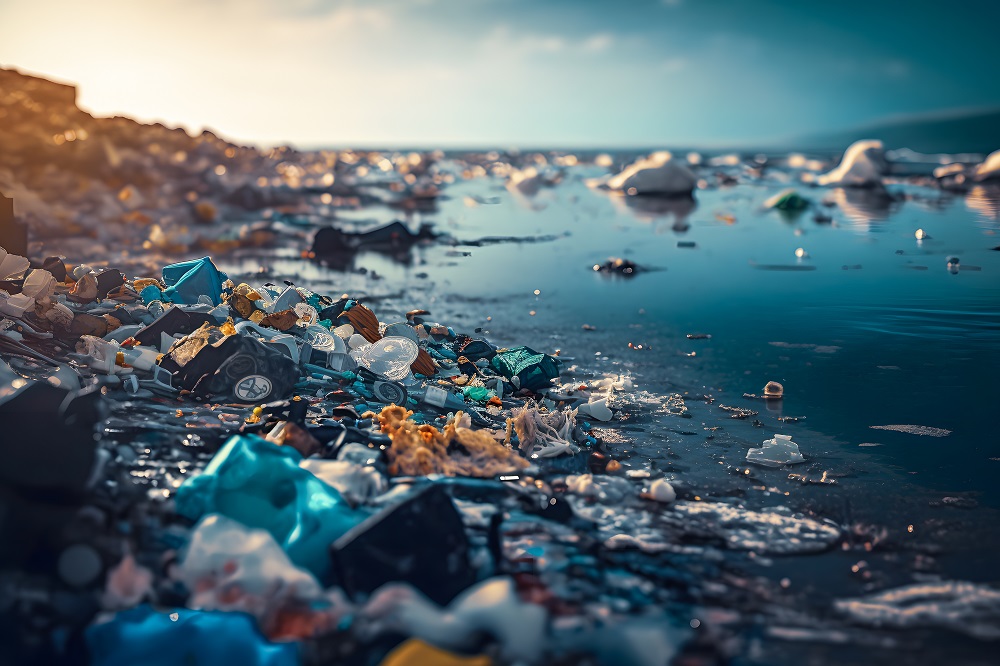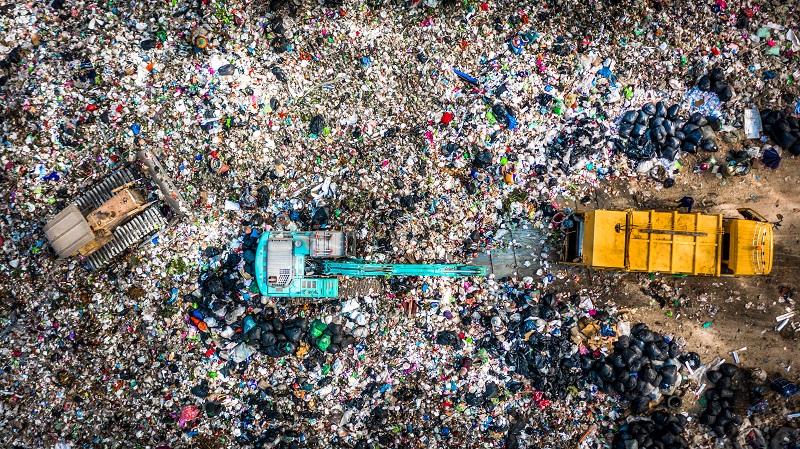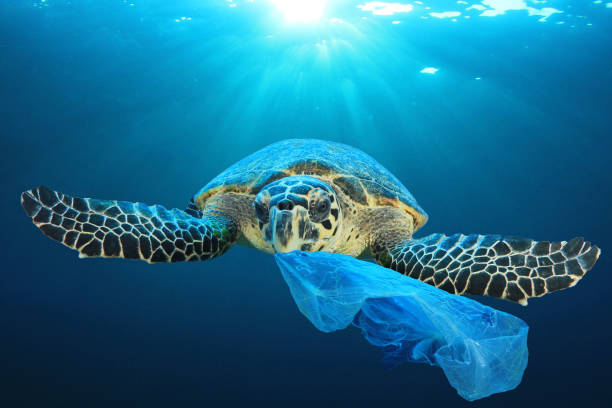

Back to Blue events
Other Ocean Events
Back to Blue will be participating in
the
following events:

EgyptCOMING TO GRIPS WITH PLASTIC: EGYPT’S WASTE MANAGEMENT CHALLENGE
Aug 2021 | Reading time: 2mins
Evaluating effective management and sustainable use of plastics
Executive summary
Egypt is awash in plastic. So are its river and coastal waters, including those of the Nile, the Red Sea and the Mediterranean Sea. Of an estimated 2.8m tonnes of plastic waste leaked into the Mediterranean each year, Egypt is by far the largest source, accounting for 43% of the total, according to the World Wide Fund for Nature (WWF). This leakage, as well as the large amounts of discarded plastic bottles, bags and other items littering Egypt’s city streets and tourist areas, is the result of a poorly functioning system of plastics management.
To their credit, the central government—namely the Ministry of Environment—as well as the authorities of several governates—recognise the weaknesses of domestic plastics management and have been taking action in recent years to address them. The steps include drafting overdue policy measures and efforts to mobilise private and civil-sector stakeholders in capacity-building initiatives.
In comparison with other countries included in the Plastics Management Index (PMI), however, Egypt’s stakeholders have made a late start in getting to grips with its plastic waste challenge. As a result, there are important policy gaps to be filled, and plastics management infrastructure remains underdeveloped. International organisations and environmental non-government organisations (NGOs) that could provide technical and financial assistance for plastics management initiatives are also yet to become deeply engaged in the country. These factors explain why Egypt sits in the lowest tier of countries in the PMI, ranking 22nd. (See this programme’s flagship report for a detailed discussion of the PMI’s global findings.)
Main Egypt findings from the PMI
The PMI compares the efforts taken by 25 countries to manage their plastics lifecycle. The countries’ scores and ranks are based on performance in three categories of indicators: governance, systemic capacity and stakeholder engagement. Following are the index’s major findings for Egypt:
Plastics Management

Making the invisible visible
Reading time: 5mins
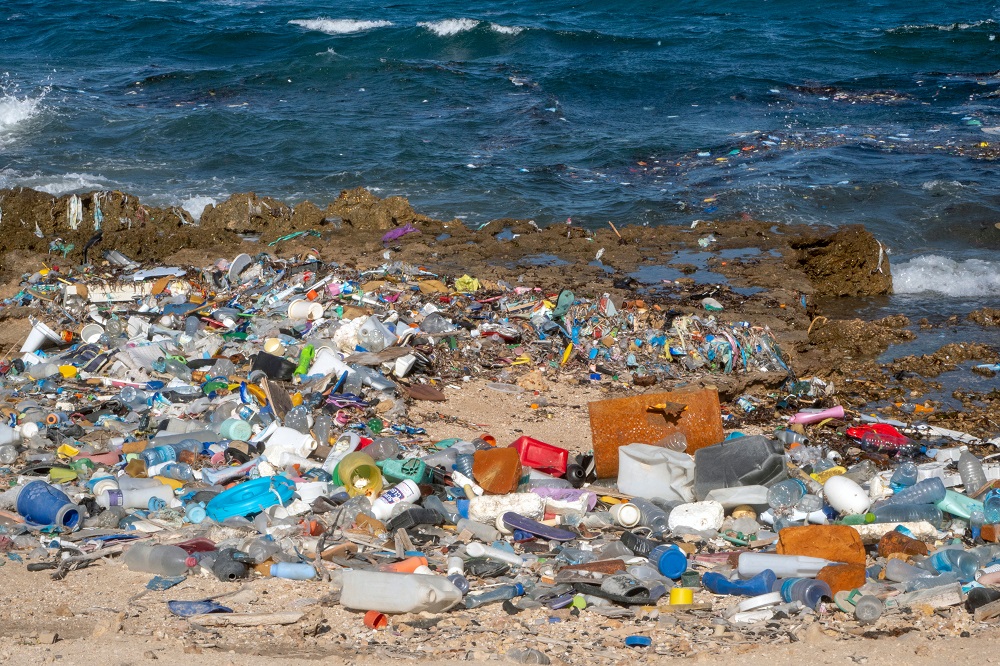
Plastics and health: the mounting evidence
Reading time: 5mins

Building up to Busan
Reading time: 6.5mins
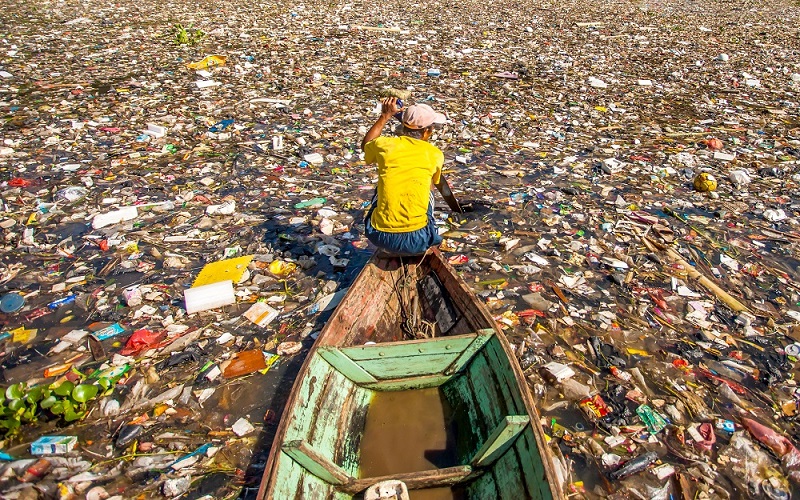
A ‘sea of brackets’: Back to Blue assesses the Ottawa INC
Reading time: 6mins
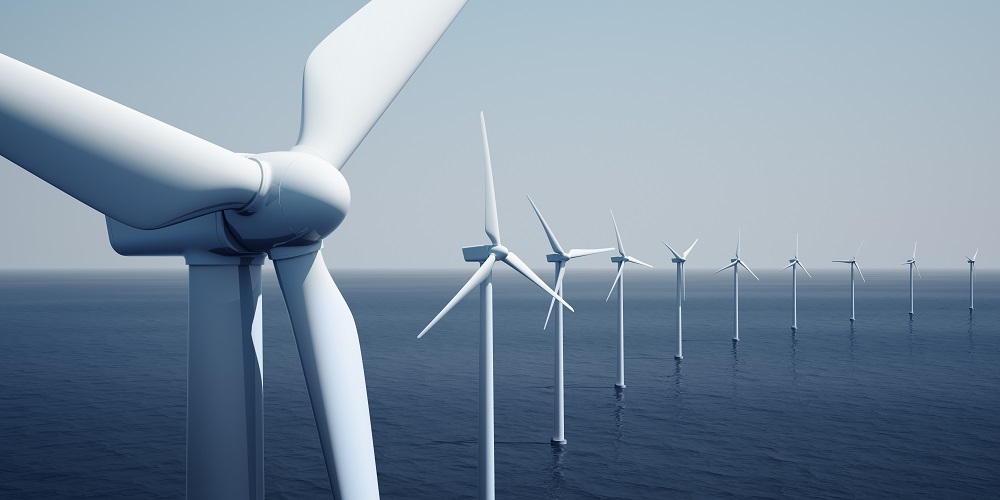
COP28: mainstreaming the ocean agenda
Reading time: 5mins

Plastic treaty negotiations produce new debates but few results
Reading time: 5mins
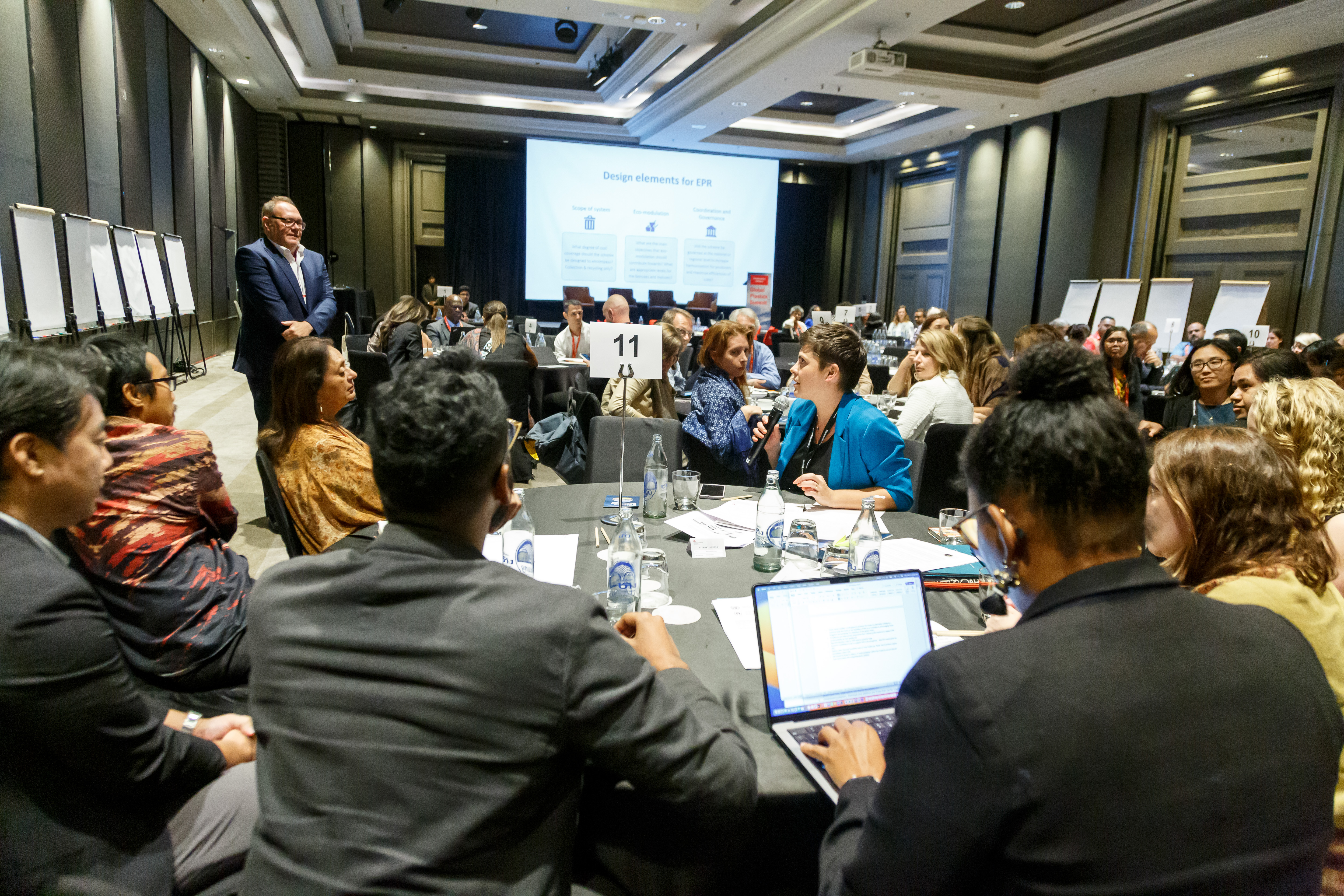
The Global Plastic Summit – sideline QA
Reading time: 6mins
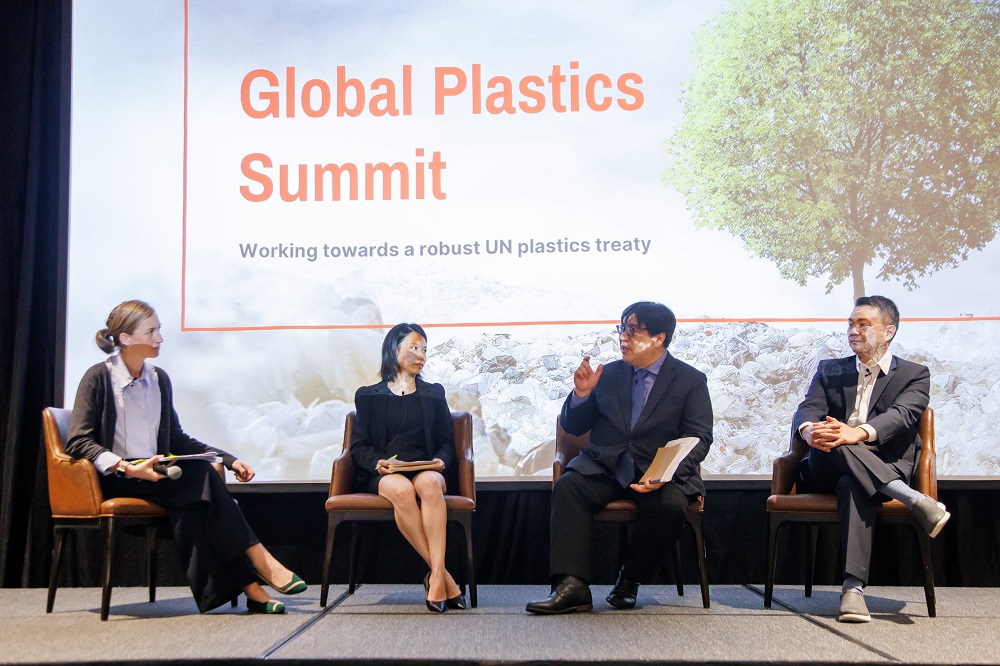
Small island developing states and plastics: roundtable and working group
Reading time: 4mins
videos
Back to Blue is an initiative of Economist Impact and The Nippon Foundation
Back to Blue explores evidence-based approaches and solutions to the pressing issues faced by the ocean, to restoring ocean health and promoting sustainability. Sign up to our monthly Back to Blue newsletter to keep updated with the latest news, research and events from Back to Blue and Economist Impact.
The Economist Group is a global organisation and operates a strict privacy policy around the world.
Please see our privacy policy here.
THANK YOU
Thank you for your interest in Back to Blue, please feel free to explore our content.
CONTACT THE BACK TO BLUE TEAM
If you would like to co-design the Back to Blue roadmap or have feedback on content, events, editorial or media-related feedback, please fill out the form below. Thank you.
The Economist Group is a global organisation and operates a strict privacy policy around the world.
Please see our privacy policy here.
Back to Blue is an initiative of Economist Impact and The Nippon Foundation, two organisations that share a common understanding of the need to improve evidence-based approaches and solutions to the pressing issues faced by the ocean, and to restoring ocean health and promoting sustainability


 World Ocean Summit & Expo
2025
World Ocean Summit & Expo
2025 UNOC
UNOC Sewage and wastewater pollution 101
Sewage and wastewater pollution 101 Slowing
the chemical tide: safeguarding human and ocean health amid
chemical pollution
Slowing
the chemical tide: safeguarding human and ocean health amid
chemical pollution Hazardous chemicals in plastics - the discussions at INC
Hazardous chemicals in plastics - the discussions at INC







